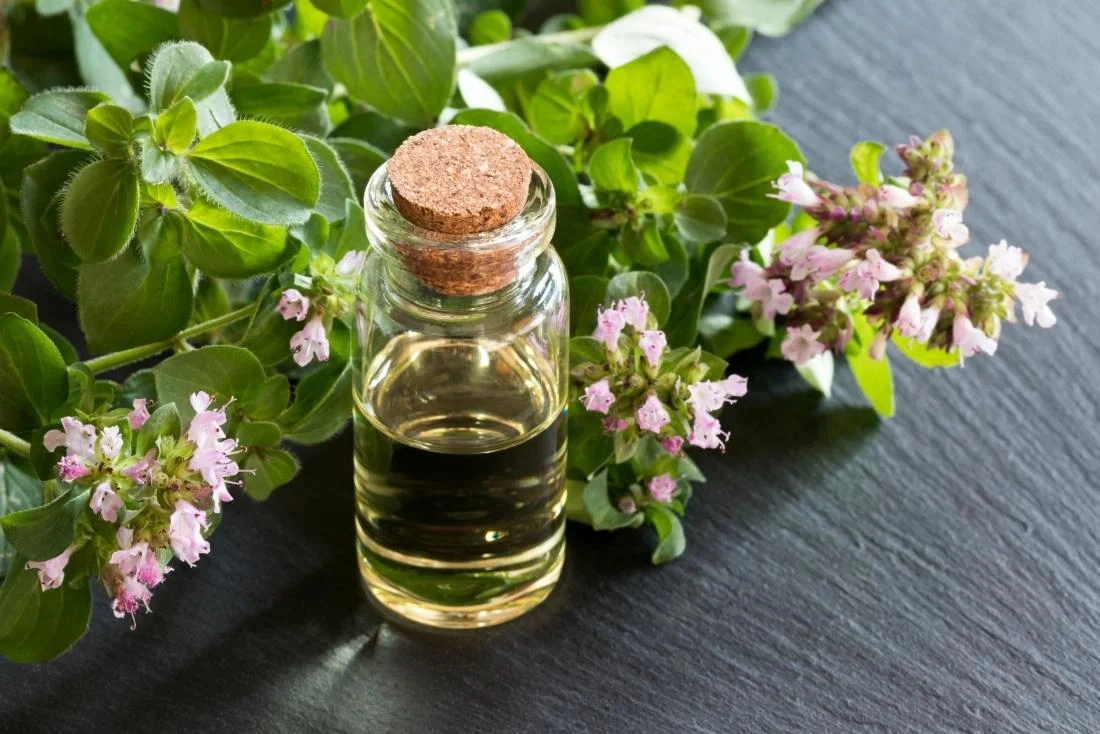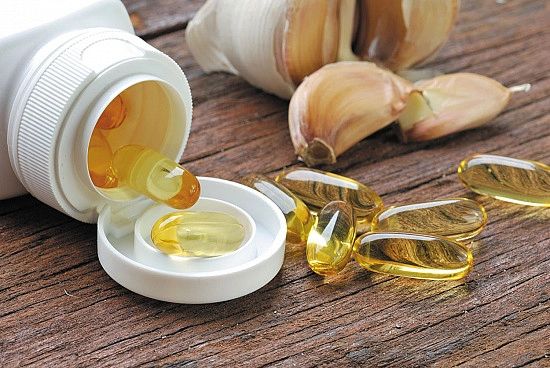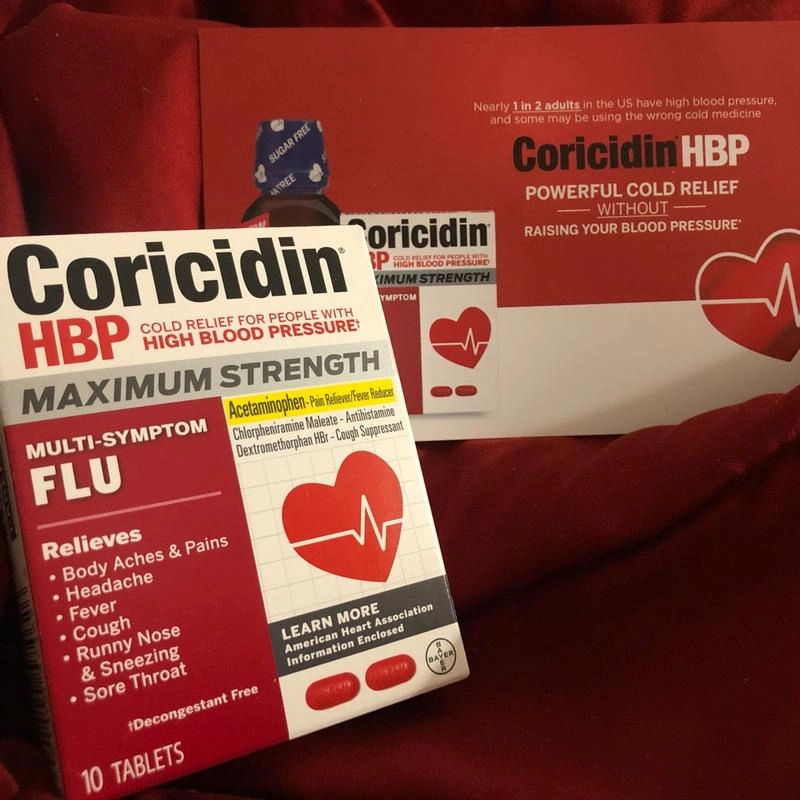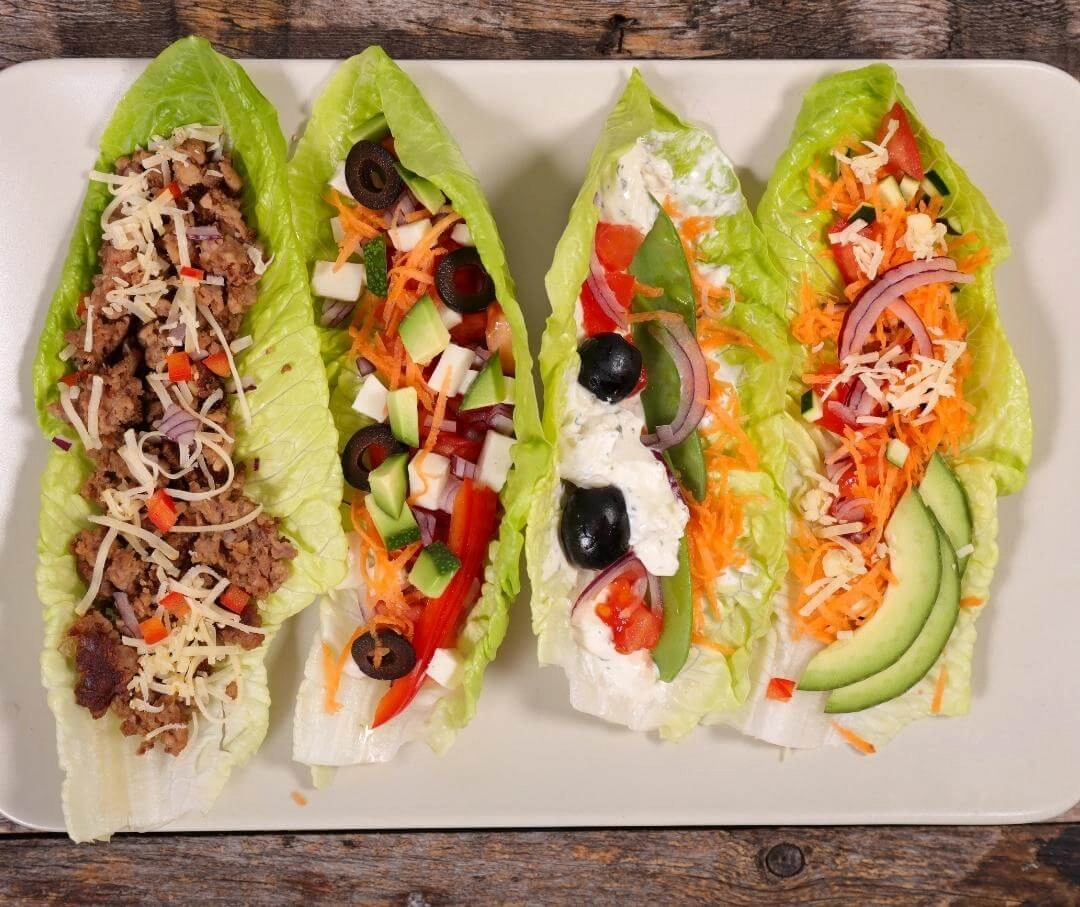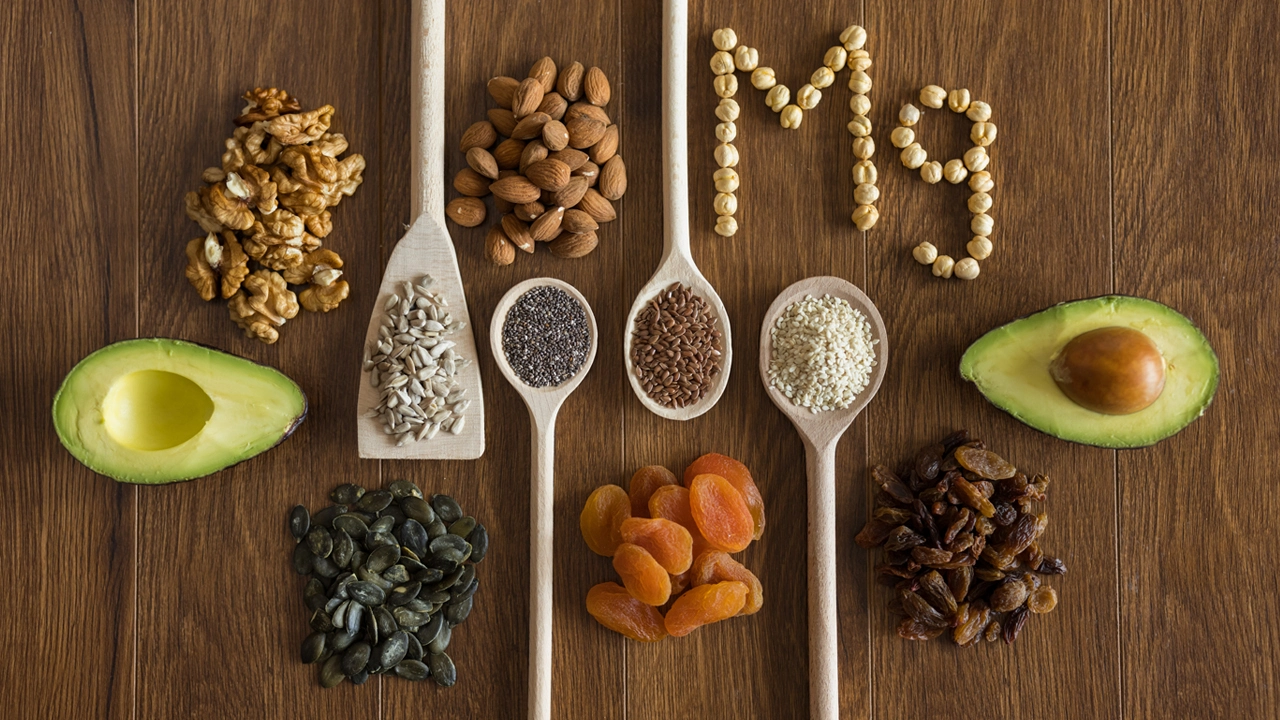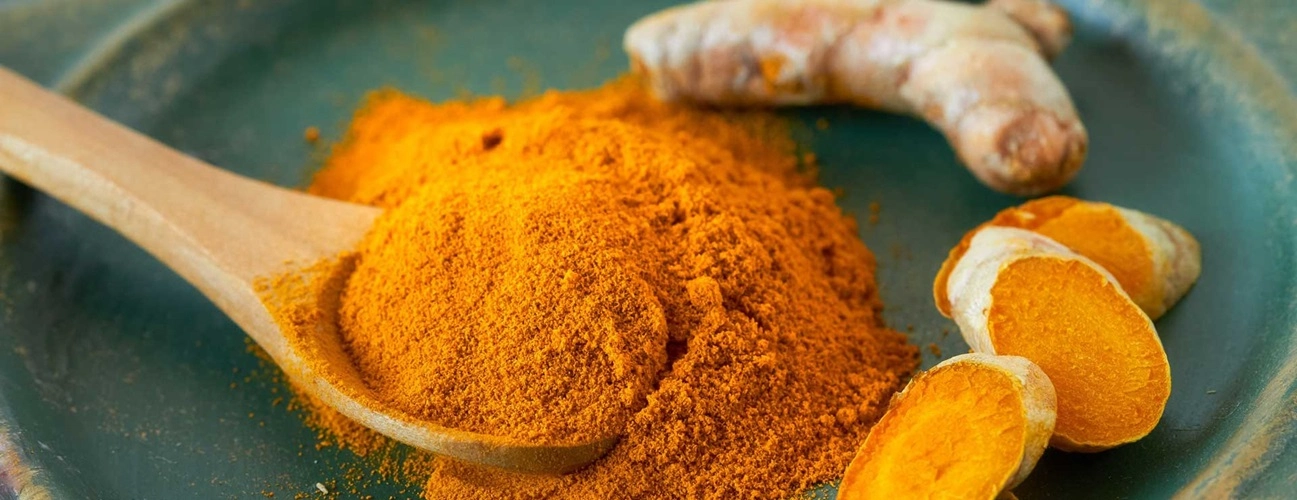Basic Nutrition for Healthy Hair: Not just the right shampoo or hair care routine, beautiful, shiny, and healthy hair also depends on other factors. It all starts with nutrition at the base of strong, vibrant hair. Your head of hair depends on the health of the body as a whole; the way your hair grows, feels, and looks is heavily influenced by your diet.
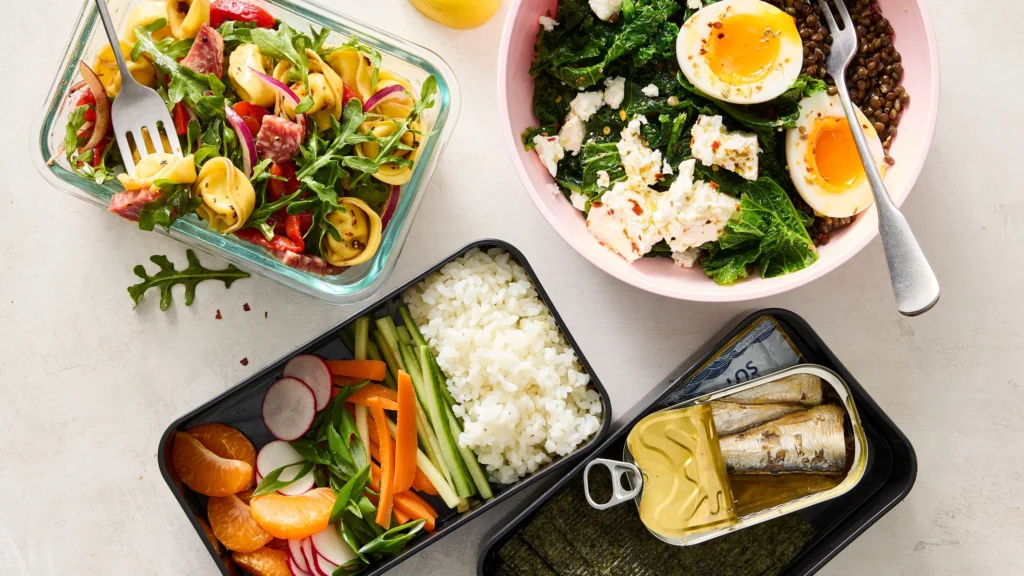
Whether you’re looking to understand what vitamins for hair growth and nutrients your hair needs, how they work, and signs of a vitamin deficiency, or what foods to eat for healthier hair, this complete guide has you covered.
Basic Nutrition for Healthy Hair
Hair is mainly made up of a protein called keratin that is created in hair follicles. The vitamins, minerals, and proteins circulating in your bloodstream greatly impact the health of your follicles and the rate at which your hair grows. When your diet is deficient in the correct nutrients, your hair can become dry, lifeless, brittle, thin, or even fall out in excess.
Nutrition helps in:
• Strengthening hair strands
• Stimulating hair growth
• Preventing hair loss
• Maintaining scalp health
• Increasing hair shine and fullness
Best Nutrients for Healthy Hair
Protein
Hair is mostly protein, so it is not surprising that eating enough high-quality protein is important.
Benefits for Hair:
• Promotes hair growth
• Strengthens hair shafts
• Prevents breakage
Best Sources:
• Eggs
• Chicken and turkey
• Lentils
• Tofu
• Greek yogurt
• Fish (like salmon and tuna)
Iron
Applying iron helps red blood cells carry oxygen to hair follicles. Low iron (iron deficiency anemia) is an important root cause of hair loss, especially among women.
Benefits for Hair:
• Supports hair follicle health
• Enhances scalp circulation
• Reduces hair shedding
Best Sources:
• Red meat
• Spinach
• Legumes
• Fortified cereals
• Pumpkin seeds
Vitamin C
Vitamin C is a potent antioxidant and aids in iron absorption as well as collagen production, all of which are crucial to getting healthy hair.
Benefits for Hair:
• Stimulates collagen production (essential for hair structure)
• Fights free radical damage
• Improves iron absorption
Best Sources:
• Citrus fruits (oranges, lemons)
• Berries
• Bell peppers
• Broccoli
• Guava
Omega-3 Fatty Acids
This healthy fat can not be made by the body and must be consumed in the diet. They help in nourishing hair, as well as improving the health of the scalp.
Benefits for Hair:
• Moisturizes the scalp
• Adds shine and luster
• Minimizes inflammation that can contribute to hair loss
Best Sources:
• Salmon
• Chia seeds
• Flaxseeds
• Walnuts
• Mackerel
Biotin (Vitamin B7)
Hair thinning and hair loss have been found to be linked to a deficiency of biotin. This B vitamin is commonly included in hair growth supplements.
Benefits for Hair:
• Enhances keratin production
• Strengthens hair strands
• Promotes faster growth
Best Sources:
• Eggs (especially yolks)
• Almonds
• Sweet potatoes
• Avocados
• Cauliflower
Zinc
It helps maintain hair tissue growth and repair. It also helps oil glands surrounding the follicles remain active.
Benefits for Hair:
• Supports scalp health
• Prevents hair shedding
• Boosts follicle regeneration
Best Sources:
• Oysters
• Beef
• Pumpkin seeds
• Chickpeas
• Cashews
Vitamin D
Vitamin D is thought to have a role in hair follicle cycling. You need to know that a deficiency has been associated with alopecia (a hair loss condition).
Benefits for Hair:
• Stimulates new hair follicles
• Supports hair density
• Prevents thinning
Best Sources:
• Exposure to sunlight (15–30 minutes/day)
• Fatty fish
• Fortified milk
• Mushrooms
• Cod liver oil
Vitamin E
Vitamin E is another antioxidant that alleviates oxidative stress at the scalp, which can inhibit hair growth.
Benefits for Hair:
• Increases scalp circulation
• Prevents hair breakage
• Enhances shine
Best Sources:
• Sunflower seeds
• Almonds
• Spinach
• Avocados
Vitamin A
Vitamin A helps produce sebum, the oily substance that moisturizes the scalp.
Benefits for Hair:
• Prevents dry scalp
• Supports hair cell growth
• Enhances shine and softness
Best Sources:
• Carrots
• Sweet potatoes
• Kale
• Mangoes
• Eggs
Water
Not a nutrient in the classic sense, water is still important for keeping your hair well hydrated and healthy.
Benefits for Hair:
• Keep the hair shaft moisturized
• Prevents dryness and frizz
• What It Does: Facilitates nutrient transport to follicles
Recommendation:
• Drink 8–10 glasses (around 2 liters) of water a day
• Avoid These Nutritional Practices That Damage Hair
There are certain eating patterns and deficiencies that can be detrimental to hair health. Be cautious of:
• Crash diets or calorie restriction: These starve the body of nutrients necessary for hair growth.
• Excess sugar: Can lead to hormone imbalance and inflammation.
• Low-protein diets: Dull and slow hair growth.
• Too much vitamin A: Excessive supplements can cause hair loss.
Daily Diet Plan (Sample) for Healthy Hair
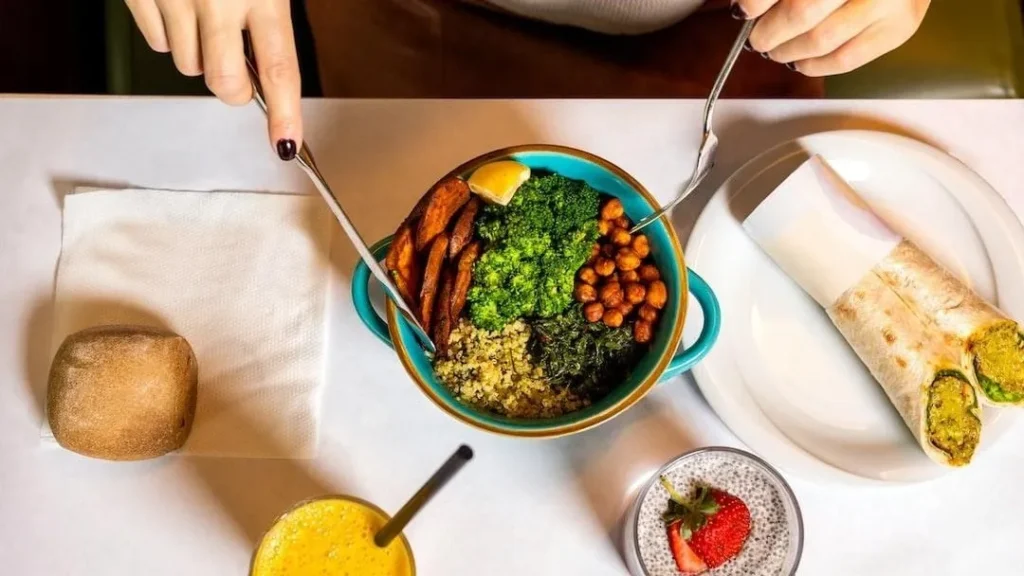
Here’s a no-frills meal lineup rich in hair-promoting nutrients:
Breakfast:
• Scrambled eggs with spinach
• Whole grain toast
• Orange or a glass of orange juice (vitamin C boost)
Snack:
• 20 almonds + 1 tbsp sunflower seeds
Lunch:
• Grilled salmon or tofu
• Quinoa salad with avocado, tomatoes, and olive oil
• Steamed broccoli
Snack:
• Greek yogurt with berries
Dinner:
• Lean beef or chickpea curry
• Kale or sweet potatoes on the side
Before bed:
• Caffeine-free herbal tea (high in B-vitamins) & banana
Should You Consider Hair Supplements?
Though food is the preferred source of nutrients, supplements could assist with deficiency or hair loss. Common hair supplements that people offer recommendations for are:
• Biotin
• Collagen peptides
• Iron and zinc multivitamins
• Omega-3 capsules
• Vitamin D drops or pills
Note: Always see a doctor before taking any supplement, particularly if you have an underlying health issue or are taking medication.
Nutrition Lifestyle Tips to Complement Your Nutrition
Besides a balanced diet, your way of living also influences how healthy your hair is.
• Stay hydrated
• Avoid excessive heat styling
• Relieve stress through exercise or meditation
• Sleep enough (7–9 hours a night)
• Do not smoke, and limit alcohol
Final Thoughts
The foundation of hair health starts from the inside out. And while genetics and hormonal factors have their influence, what you eat on a daily basis impacts the strength, growth, and appearance of your hair in a significant way. By prioritising the key nutrients – particularly protein, iron, vitamins, and omega-3s – you lay down the building blocks your hair needs to flourish.
Keep in mind that progress is not instant. While healthy eating for hair growth is a long-term investment, it’s one that reaps rewards with time, patience, and consistency. Eat good, feel good, and keep your hair glowing!

